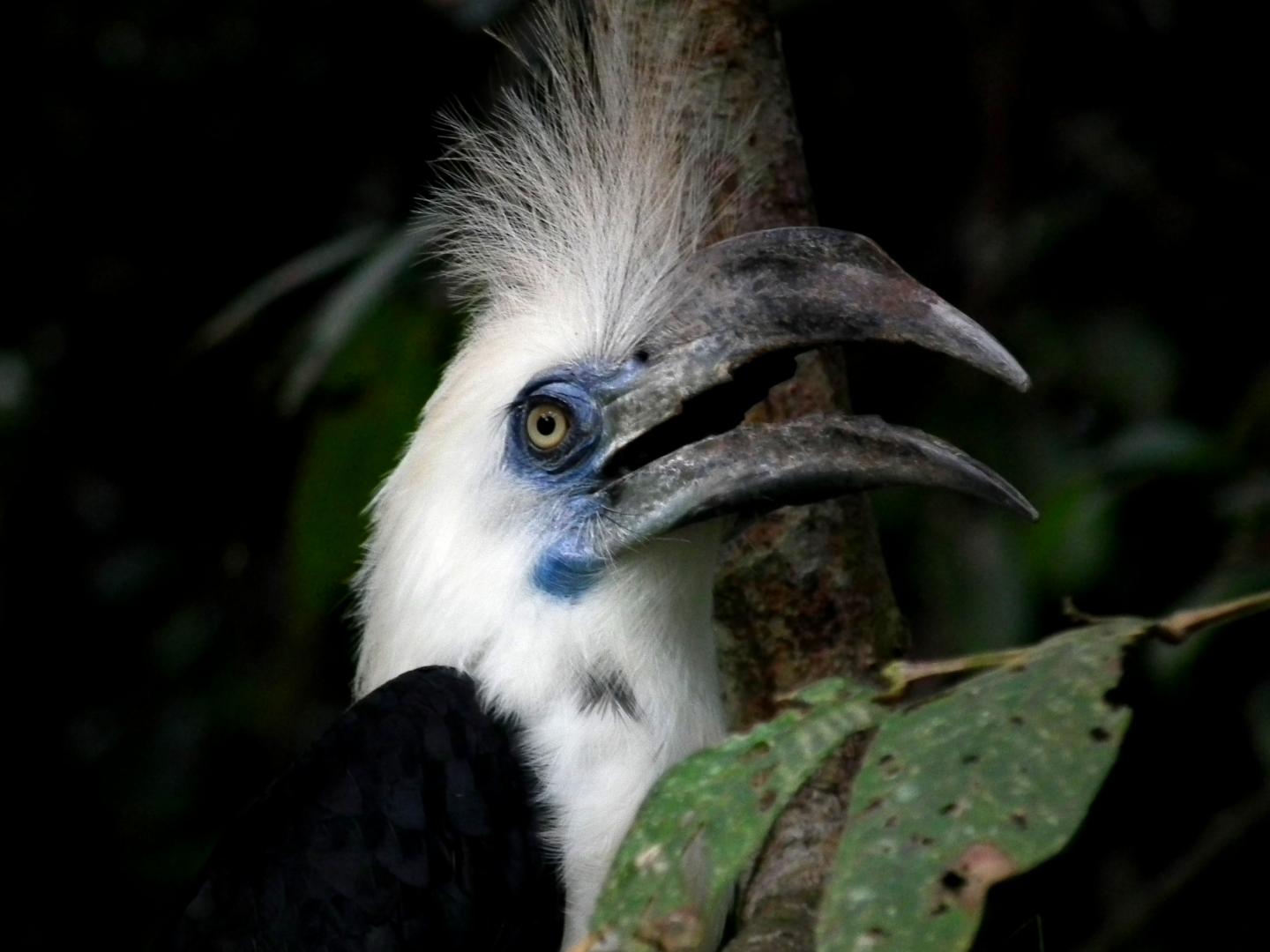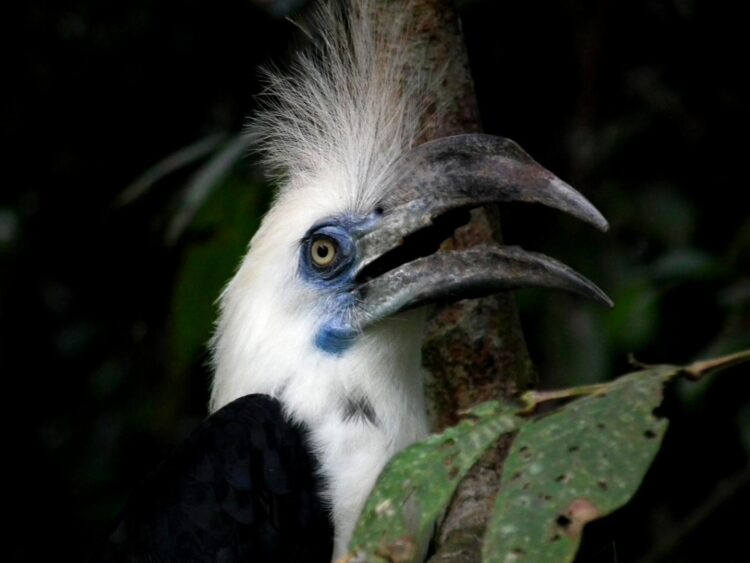Forest conservation areas in oil palm plantations play a vital role in storing carbon and boosting rainforest biodiversity, a new study on palm oil agriculture in Borneo has revealed.

Credit: Rob Colgan
Forest conservation areas in oil palm plantations play a vital role in storing carbon and boosting rainforest biodiversity, a new study on palm oil agriculture in Borneo has revealed.
The study, led by the University of York, found that patches of protected forest play an important role in helping to conserve endangered species including hornbill birds and dipterocarp trees.
The study revealed that plantations, where a tenth of the land is protected as natural forest, store up to 20% more carbon than plantations with no protected forest.
Oil palm agriculture is a key driver of deforestation, causing widespread biodiversity loss and carbon emissions – particularly in Indonesia and Malaysia, where 85% of the world’s palm oil is produced.
Lead author of the study, Susannah Fleiss, a PhD student in the Department of Biology at the University of York, said: “Our study found that these forest areas do increase carbon stored in oil palm plantations, helping to mitigate the carbon emissions associated with oil palm agriculture.
“We also found that the protected forest sites which stored the most carbon also contained the highest plant diversity, so by choosing to protect forest areas with high carbon stocks, oil palm plantations will also protect rainforest biodiversity.”
For the study, the researchers measured trees and other vegetation in 14 forest areas protected in Roundtable on Sustainable Palm Oil (RSPO)-certified oil palm plantations in Malaysian Borneo.
A key requirement for oil palm plantations to be certified as sustainable, under the RSPO certification scheme, is that the plantations must protect areas of natural forest within their land.
The researchers found that, in comparison to primary rainforest, the forest areas protected within oil palm plantations had low numbers of tree seedlings, meaning they may contain fewer trees in the years to come.
Oil palm plantation owners must act to manage protected areas of forest in order to conserve them for the future, the researchers urge.
Susannah Fleiss added: “We recommend that oil palm plantations manage their protected forest to improve the potential for the trees to produce seedlings and for the seedlings to survive. This could include planting additional seedlings or cutting back vines.”
Professor Jane Hill, who co-supervised the project added: “Palm oil is a key ingredient in many supermarket products and it is crucial that it comes from sustainable sources. Our study highlights the importance of retaining forest patches in sustainable cultivation practices.”
‘Conservation set-asides improve carbon storage and support associated plant diversity in certified sustainable oil palm plantations’ is published in Biological Conservation. The research was jointly funded by Unilever and the University of York.
###
Media Contact
Shelley Hughes
[email protected]
Related Journal Article
http://dx.





